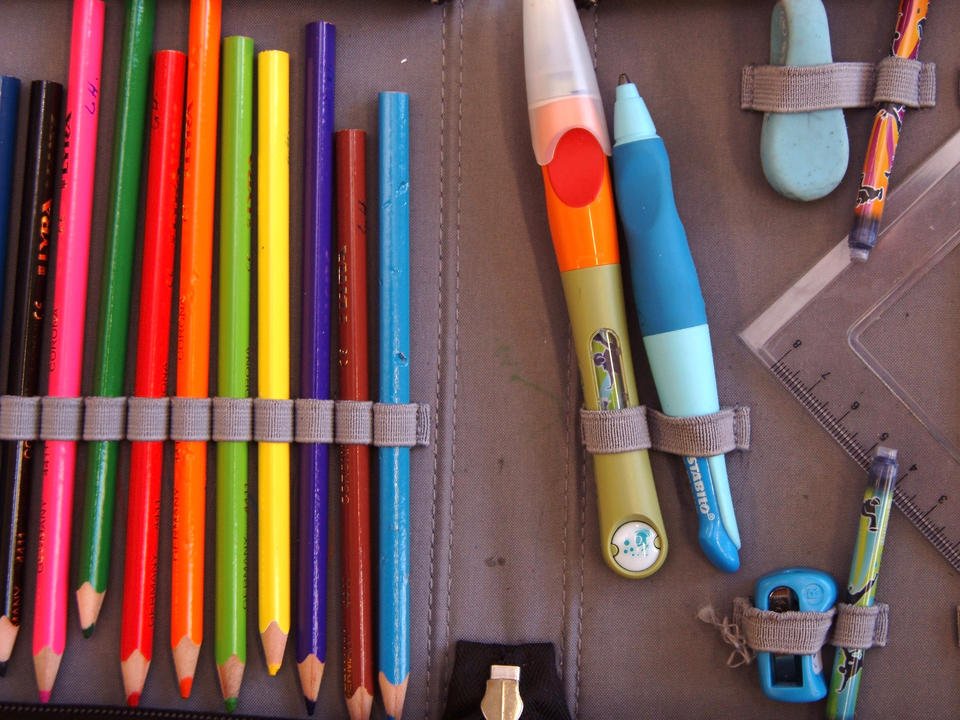The social behavior of children at school is a constant cause of concern for parents. While some children can fit wonderfully into the group of their peers, others have a striking social behavior, which often includes aggressiveness. As a parent, you have probably already had experience with such cases, be it with your own children or with their schoolmates. The children reject any authority, do not respect any rules and are generally characterized by an aggressive behavior towards their classmates and teachers.

Many parents react incorrectly
Parents often do not want to admit that disrupted social behavior at school indicates a problem. They interpret the resistance against authority as rebellion, they keep revolting against the rules for a Sign of the highest creativity and believe that gifted Children get bored in class and therefore behave strikingly. However, there is no scientific evidence to support such thinking.

Indeed, scientific studies refute all of these comforting theories. According to Gerald Patterson, rebellion against authority usually goes hand in hand with incompetence so that the children cannot be seen as young rebels. The hope that children with disturbed social behavior will only prove their creativity quickly lapses. If you look at the history of the creation of creative masterpieces in art, you quickly find that creativity is accompanied by discipline, willingness to exert yourself and perseverance.
There was also no evidence of a particular intelligence in children with social behavior problems. On the contrary: A study carried out by Maguin and Loeber showed that social abnormalities are often associated with lower intelligence. There is also a study from 1998 which shows that fewer children with impaired social behavior are found in particularly gifted children.
There is reason to believe that a child’s ability to learn has little to do with social behavior. Rather, you go today Assume that children who already have a good knowledge of numbers and simple mathematical contexts as well as some reading skills at school can get along more easily in class. This finding was achieved in a study with 36,000 primary school children. Knowledge of mathematics and reading had a positive effect on all children, regardless of their social behavior.
This is how you can help your children as parents

Parents can have a significant impact on their children’s social behavior. The basic condition for this, however, is that anti-social behavior is recognized as such. It doesn’t help to gloss over a situation. This does not serve the child. First of all, it should be borne in mind that the parents are always role models for the children. Parents who have to deal with aggressiveness and similar socially disturbed behavior often transfer this behavior to the children.
There is a lot that can be done at home to help children have normal social behavior. You should always set an example and discuss feelings and problems openly with the children. Other ways of thinking should be recognized and when conflicts arise, solutions can be found together. It is also important that the children have contact with their peers at a young age. Therefore, PC, game console and chat should only take a small part in your child’s everyday life, so that social behavior in dealing with others can be learned.
RELATED ITEMS
-

Adhs in kindergarten and school
In kindergarten Finally the kindergarten time begins. Kindergarten should be a place of joy, positive experiences and a meeting point for all children…
-

Education, school, music, sport, work: education
Experts give the answer That is required! The expert is the head of the “Motley Butterflies”, a crèche of the Bavarian Red Cross…
-

Aggressive behavior in toddlers: react correctly
If your child hits or bites other children – what is the reason and what can parents do about it? Pediatrician Dr. med. Nadine McGowan explains,…
-

Sexual behavior in childhood – limits and normality
living together without violence Subnavigation topics TOPICS 2020. TOPICS 2019. TOPICS 2018. TOPICS 2017. TOPICS 2016. TOPICS 2015. attachment research ….
